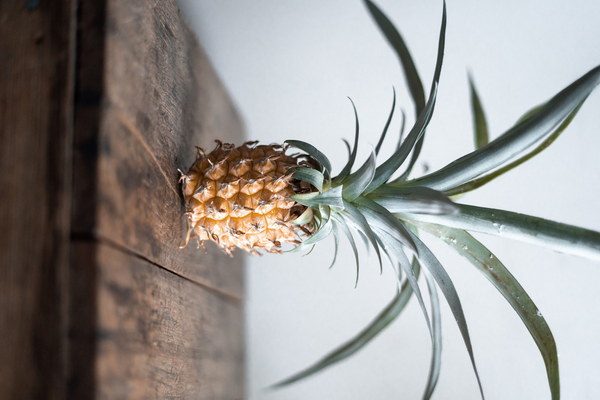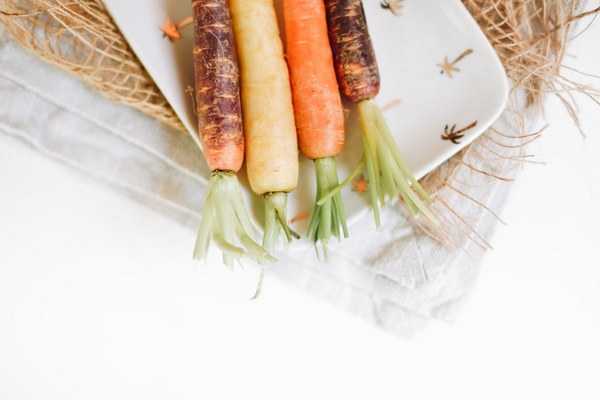Harvesting Health Nurturing Your Body with the 2017 Chongshan Huanglong Seasonal Practices
As the year 2017 draws to a close, the Chongshan (Huanglong) or Frost's Descent, marks the transition from autumn to winter. It's a time when nature begins to slow down, and the human body, too, requires a shift in its health practices. Here are some essential tips to maintain balance and vitality during this significant seasonal change.
Understanding Chongshan (Huanglong)
Chongshan, also known as Frost's Descent, is the 18th solar term of the Chinese lunar calendar. It occurs around October 23rd each year and signifies the beginning of the coldest days. During this time, the air becomes crisp, and the temperature drops, signaling that it is time to take extra care of our health.
1. Nourishing the Lungs

The lungs are particularly vulnerable during the Chongshan period due to the cold air. To support lung health, it is advisable to consume foods that are warm and moist, such as soups and stews. Traditional Chinese medicine suggests that foods like ginger, garlic, and dates are beneficial during this season.
2. Avoiding Cold and Wind
Cold and wind are the main pathogens that can attack the body during Chongshan. It is important to dress warmly and avoid exposure to drafts. A scarf can help protect the neck, which is considered a vulnerable area during this time.
3. Balancing the Yin and Yang
The Chongshan period is a time when the Yin (cool, slow, and inward) energy is at its peak. To maintain balance, it is important to slow down and reduce activities that over-exert the body. This includes avoiding intense exercise and long periods of stress.
4. Restoring Sleep Patterns
The body needs more rest during the winter months. It is recommended to go to bed earlier and wake up later to align with the natural rhythm of the season. A good night's sleep is crucial for immune system function and overall health.
5. Herbal Remedies
Herbal teas can be a great way to support the body during Chongshan. Herbs like astragalus, codonopsis, and ginseng are known for their immune-boosting properties. These can be consumed as teas or added to soups and stews.
6. Acupuncture and TCM
Traditional Chinese medicine (TCM) offers various treatments to balance the body's energy during Chongshan. Acupuncture, cupping, and moxibustion can help stimulate the body's natural healing abilities.
7. Mindful Eating
The diet should focus on warm, nourishing foods that are rich in vitamins and minerals. Root vegetables, nuts, and seeds are excellent choices. It is also advisable to incorporate foods that are bitter, as they help to balance the body's Yin energy.
8. Mental Health
Maintaining a positive mindset is as important as physical health during Chongshan. Engaging in activities that reduce stress, such as meditation, yoga, or tai chi, can help keep the mind and body in harmony.
In conclusion, the 2017 Chongshan season calls for a conscious effort to adjust our health practices to the changing environment. By following these tips, we can ensure that our bodies are well-prepared for the cold winter months ahead. Remember, nurturing your health is an ongoing journey, and embracing the natural rhythms of the seasons is a key part of that journey.









